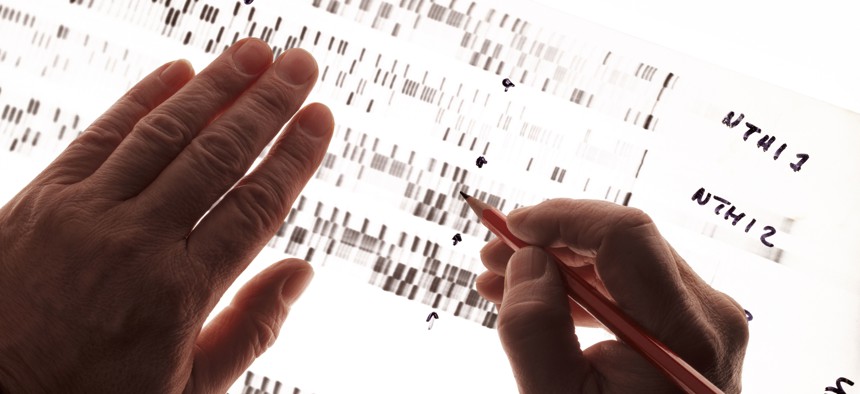Accreditation – a process by which a laboratory must prove to an accrediting agency that their processes, equipment, and employees are competent, credible, and accurate. The accrediting agency will inspect the laboratory and observe its operation. If the laboratory meets the accrediting agency’s expectations, they will receive an accreditation from that accrediting agency. Lab accreditation shows that the lab meets certain minimum standards, but does not guarantee that no errors will occur.
Accreditation in forensic science is a process that evaluates and assesses forensic laboratories and their operations, policies, and procedures to determine whether they meet certain standards of performance and have the necessary infrastructure and systems in place to provide high-quality services. Accreditation is typically carried out by an independent third-party organization and is necessary to demonstrate that a forensic laboratory meets the requirements for quality and competency.
The accreditation process in forensic science is similar to that of other industries, such as healthcare and laboratory medicine. Forensic laboratories must meet certain standards of performance and have the necessary infrastructure and systems in place to provide accurate and reliable forensic testing results. Accreditation ensures that forensic laboratories are held to a high standard of quality and that the public can have confidence in the forensic testing results produced by these laboratories.
By obtaining accreditation status, forensic laboratories can demonstrate that they meet these high standards of quality and competency. This can help to ensure that justice is served and the public is protected by providing accurate and reliable forensic testing results.



